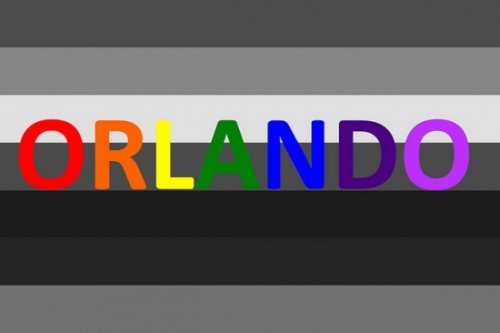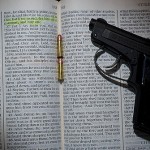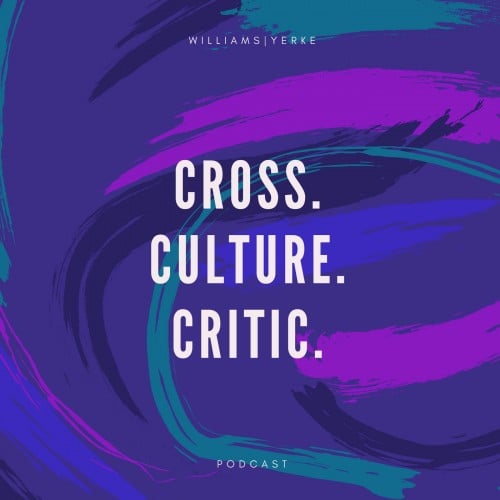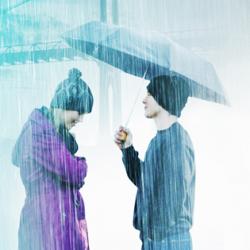
Earlier this evening, in response to the horrific shooting at a gay nightclub Orlando that left 50 people dead and just as many hospitalized — the deadliest shooting in U.S. history — blogger Micah J. Murray posted the following on his Facebook page:
What makes mass shootings so intimately offensive is that they tend to happen at “safe” places where such tragedy should be off limits. A school. A movie theater. A day care center. A mall. These are where we go to escape, meet with friends and forget the problems of the world. They are not the places where we are supposed to die.
In just five days, the United States will mark the one-year anniversary of murder in one of its most sacred spaces. On June 17, 2015, 21-year-old Dylann Roof attended a Bible study at Emanuel African Methodist Episcopal Church in Charleston, South Carolina, and murdered 9 people with a gun. Its racial nature made it one of the most chilling, ugly crimes in recent years. Adding to the nightmare was that this shooting took place in a location where we wouldn’t expect such horror to happen. Church is sacred ground. The main auditorium of many churches is called the sanctuary, which literally means “place of safety and refuge.”
To walk into a church — a place where we worship the giver of life — with an instrument of death and use it to take lives is deeply blasphemous. For many, church is a place of hope, redemption and second chances. It’s where we find meaning for life, not where we go to die. For people of faith, the ugly racial overtones of the Charleston massacre were matched by a sense of violation, a realization that our safest, most sacred place was no longer secure. Blood on the floor of a church is like garbage thrown on the Mona Lisa; it sullies the beauty.
I think back to that sense of desecration as I reflect on Micah’s words. It’s not surprising to say that the church doesn’t have a sterling reputation with the gay community. No matter what your theological position on the issue, I think we can all agree we can do better. It is the one issue the Christian community too often places higher than any other. I’ve grown up in churches where the word “fag” was tossed around flippantly. I lost a best friend in college because I couldn’t see past his sexuality and simply love him as a person. Men and women have been shunned by their Christian families when they’ve come out of the closet. And Christians who shouldn’t be given microphones have blamed everything from the AIDS epidemic to terrorist attacks to natural disasters on the LGBT community.
I say this not to start a theological discussion or shame Christians, because I also know many who have a strong heart and affection for the gay community. And we’re starting to see things change, as congregations intentionally ask themselves how to do better in their relationships with the gay community. But if you want to know what Micah was talking about when he said that nightclubs were often safe, sacred places for members of the community, that’s part of the reason why. Feeling unaccepted and unloved by many of the people who should be the first to show them those things, they’ve found a community that has welcomed and embraced them. They found the family that doesn’t shun them, the congregation that won’t excommunicate them and the community that sees their worth. The nightclub is where they go for belonging, welcome and celebration. And last night, a man walked in to one of those sacred spaces with an assault weapon and destroyed that joy.
There are many things that can be said, will be said and must be said in the coming days. We will discuss America’s absurd obsession with guns — and once again, we will likely do nothing. We will address safety and security in these clubs, we will discuss religious fundamentalism, and we will ask how to make these safe spaces even safer. And because this is America, where the only thing higher than shooting death tolls is credit card debt, we’ll normalize it, forget about it and move on to the next shiny news story in a week. This is the cycle we’ve become used to. It will play out as it always does.
But let’s not miss the need for love.
Last night, the world once again saw what religion looks like when it curdles and is used for an agenda. It’s a view of religion the world too often sees. But Christians have an opportunity to show what the gospel of love looks like when put into practice.
The gay community and the Christian church are often at conflict. But now, we are bound by tragedy. Our sacred spaces have been invaded, less than a year apart. Our community centers have been spattered with blood. We have more in common than we realize, and I hope this provides an opportunity for the church to stand alongside the LGBT community and say, “we’ve been here, we know this is awful, we’re here for you and we love you.”
This is the time to set aside the things that divide, and show Christ-saturated love. I pray that the churches in Orlando are throwing open the doors and that congregants are entering the community to love, serve and show compassion to those affected by last night’s shooting — not just the wounded, but those who lost friends, family members and a sense of safety. I pray that Christians around the country can put aside their political and theological differences to show radical love to the gay community. We need to soften our tone, welcome them into our churches to weep and pray, and become the safe space that was taken away from them. As two communities now joined by the common thread of horror, we must show that there is still hope, light and healing. Now is not the time to preach about changing ways; it’s the time for us to show them that there’s a way forward. We must reach across the lines that have been built up around us and create a bond of friendship, love and solidarity.
Death was the loudest word this weekend. It doesn’t have to be the last.











